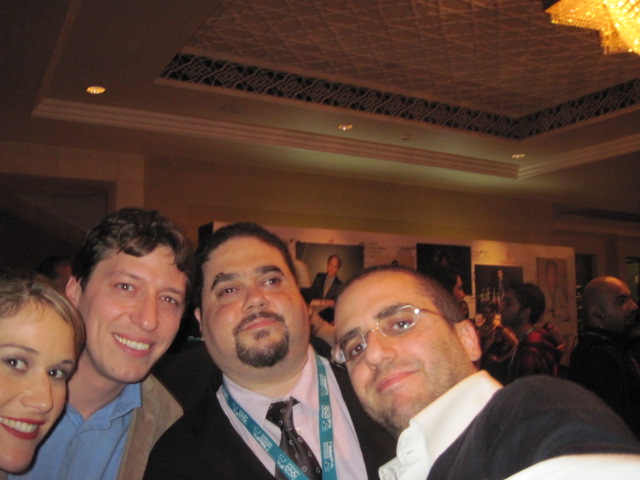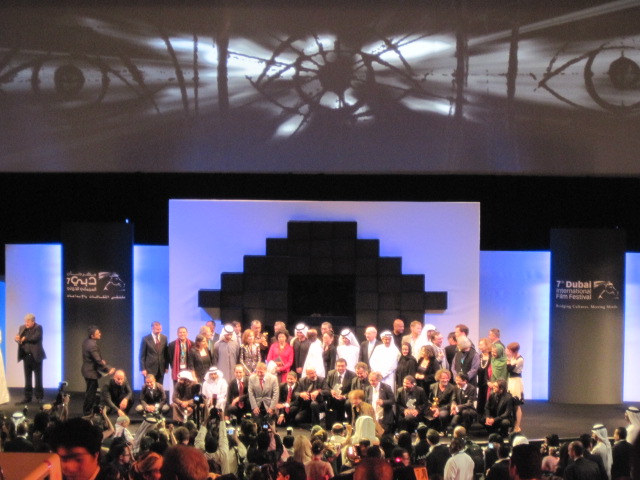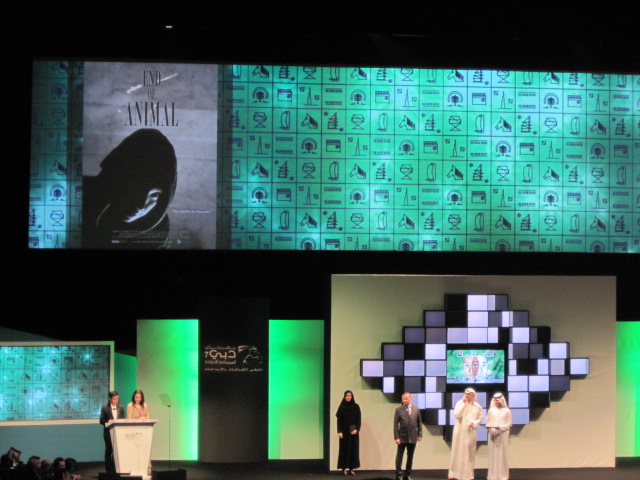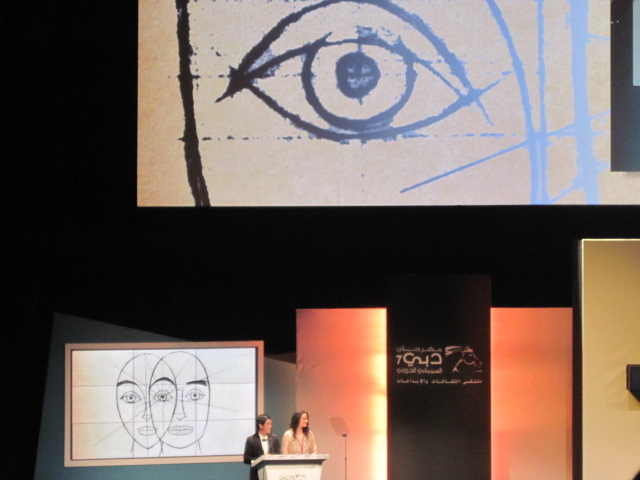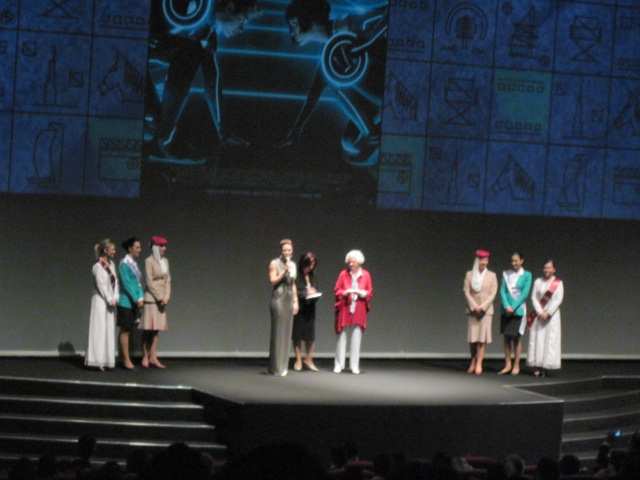|
|
||
|
Pro Tools
FILMFESTIVALS | 24/7 world wide coverageWelcome ! Enjoy the best of both worlds: Film & Festival News, exploring the best of the film festivals community. Launched in 1995, relentlessly connecting films to festivals, documenting and promoting festivals worldwide. Working on an upgrade soon. For collaboration, editorial contributions, or publicity, please send us an email here. User login |
Director Nassim Abassi in DubaiInterview with diector Nassim Abassi. His film 'Majid' was in competition at DIFF 2010
Nassim Abassi's 'Majid'
Nassim Abassi, the passionate Moroccan director who made The Winter Sun is a Lie (2005) is here to speak about his new film Majid (2010)
ME: Nassim, this movie is high on my anticipation list. It looks like
NASSIM: I started writing MAJID fifteen years ago, during my studies at a
Concerning the story of MAJID, it's set in Mohammedia, my hometown. It's
The inspiration behind this movie was diverse but one of the first ideas
ME: Wow! I'm absolutely sold. I cannot wait to see this. It sounds like
NASSIM: The shooting of the film was very difficult as we had to shoot
We were not able to shoot the whole film in those 4 weeks as there were
Concerning the cast, the most interesting challenge I faced was the fact
ME: Wow! That's a movie within the movie. I love those behind the scenes
NASSIM: 'The Winter Sun is a Lie' is my only produced and
Set in London during the emotional and political aftermath of the recent
The story of THE WINTER SUN IS A LIE was partly inspired by various
ME: Awesome! I'm sure that it would have won more awards if it had been
NASSIM: I did two other Moroccan films earlier that were broadcast on
ME: Well, that's understandable, but the flip-side is that the rest of
Interview by, Vanessa McMahon on Sep 16, 2010
See detailed information about Nassim and his film on this fabulous article: http://www.aainaa.com/2010/04/11/da-locum-melioribus/
 22.12.2010 | Dubai International Film Festival's blog Cat. : Africa Assistant Casablanca Casablanca Cinema Miami Cinema of Morocco Cinema of the United Kingdom Contact Details Director director , writer and producer Director Nassim Abassi in Dubai Entertainment Entertainment Film http://www.aainaa.com/2010/04/11/da-locum-melioribus Human Interest Human Interest India London Majid Majid Miami Moondust Productions Moroccan Arabic Moroccan cinema Morocco Morocco Movie Release Police Political geography Private Producer tackle The Winter Sun Vanessa McMahon World Cinema
|
LinksThe Bulletin Board > The Bulletin Board Blog Following News Interview with IFTA Chairman (AFM)
Interview with Cannes Marche du Film Director
Filmfestivals.com dailies live coverage from > Live from India
Useful links for the indies: > Big files transfer
+ SUBSCRIBE to the weekly Newsletter Deals+ Special offers and discounts from filmfestivals.com Selected fun offers
> Bonus Casino
User imagesAbout Dubai International Film Festival Wilcox Alison Wilcox Alison (Dubai International Film Festival) The Dubai International Film Festival (DIFF) is the leading film festival in the Middle East, Asia and Africa. Since its inception in 2004, the festival has served as an influential platform for Arab filmmakers and talent at an international level, by spearheading the cinema movement in the region. The 12th edition of DIFF will take place from December 9-16, 2015. DIFF has established itself as a major international festival, while continuing to serve as a premier showcase event for Arab cinema, and contributing to the development and growth of the regional industry. DIFF’s pioneering initiatives such as the Muhr Awards, Dubai Film Connection and Dubai Film Market have enriched professional experiences in the region, while also raising the profile of regional works on the world stage. The festival has left an indelible impression on its guests, industry professionals and viewers, through its events, workshops, seminars and principal mandate of presenting the finest selection of cinema from all over the world. DIFF is a frontrunner in promoting better cultural understanding through creative achievements in film. View my profile Send me a message My festivalThe EditorUser contributions |



















